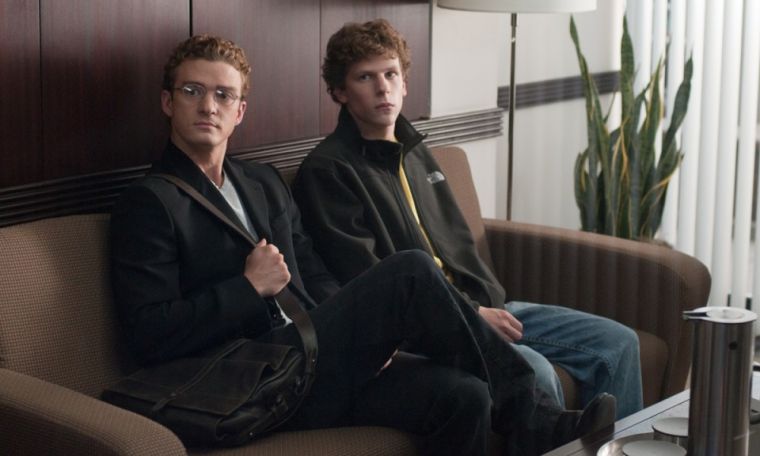Behind ‘The Social Network’
“The Social Network” is not just a story about Facebook’s origins, but rather a story of friendship, betrayal, power and jealousy.
“There was nothing about Facebook that got me interested in writing a movie,” screenwriter Aaron Sorkin said. “Obviously I had heard of Facebook, but that was about it. What interested me were the themes in this story — they are as old as storytelling itself.”
Sorkin was given a 14-page movie proposal about Facebook, written by Ben Mezrich. Three pages into his reading, Sorkin had seen enough. He called his agent and immediately began working on the screenplay.
Sorkin conducted research for the film without actually interviewing Mark Zuckerberg, the founder of Facebook. Sorkin said he “aggressively pursued Facebook’s cooperation and Mark’s cooperation in the making of the movie.”
He was relieved when they were unable to interview Zuckerberg because he was sure “that Mark and Facebook would prefer the story was only told from Mark’s point of view.”
He also did not want to give the impression that the movie was created or produced by Facebook, Inc.
With two lawsuits brought against Facebook at roughly the same time, it presented Sorkin with multiple points of view while researching and writing the screenplay.
“The plaintiffs, the defendant and the witnesses came into a deposition room, all swore an oath, and three very different versions of the truth got told,” Sorkin said.
Ultimately, Sorkin incorporated the various testimonies, which became the structure of the deposition room scenes in the film.
Director David Fincher was charged with the task of bringing Sorkin’s vision to the silver screen.
“David is brilliant (There were) things that he did I wouldn’t have done,” Sorkin said, praising Fincher for his translation from screenplay to film. “His way was a lot better,” he said.
Fincher called on Trent Reznor to score the film. Sorkin said the music selection throughout the film was “a great, great choice and I would have made a less good choice.”
Sorkin also credited the film’s actors for their portrayal of their respective real-life roles.
“Usually I am playing all the parts in my head,” Sorkin said. “It’s a delightful surprise when really good actors come along and do it.”
Jesse Eisenberg, who played Zuckerberg in the film, said he did not have trouble playing the computer programmer.
“I didn’t understand much of the technical jargon on the film,” Eisenberg said, adding that he couldn’t put together a computer, though he liked exploring the reality behind his character.
“There was a certain disengagement that Mark has, like he often seems like he is not paying attention,” Eisenberg said.
Also helpful to Eisenberg’s role as Zuckerberg was Justin Timberlake’s role as Sean Parker, the founder of Napster.
“My character views Sean Parker as a rock star…not dissimilar to the way I view Justin,” Eisenberg said. “To Mark, Sean Parker is Justin Timberlake.”
Co-star Armie Hammer had a unique experience in his dual roles as twins Cameron and Tyler Winklevoss. Hammer did not want to do the stereotypical good twin, bad twin characters, but sought to establish two distinct personalities for the characters he played.
“We wanted to make sure that yes they were both cut from the same cloth, but one was cut from this part of the cloth, and the other one was cut from way over on (another) part, but still the same cloth,” Hammer said.
During casting, Hammer was excited to learn that Fincher was directing the film.
“I would crawl on my knees through glass to work with them again, both Fincher and Sorkin,” Hammer said.
“The Social Network” opens in theaters nationwide Friday.
To read a review of “The Social Network,” visit our website after the film hits theaters.








